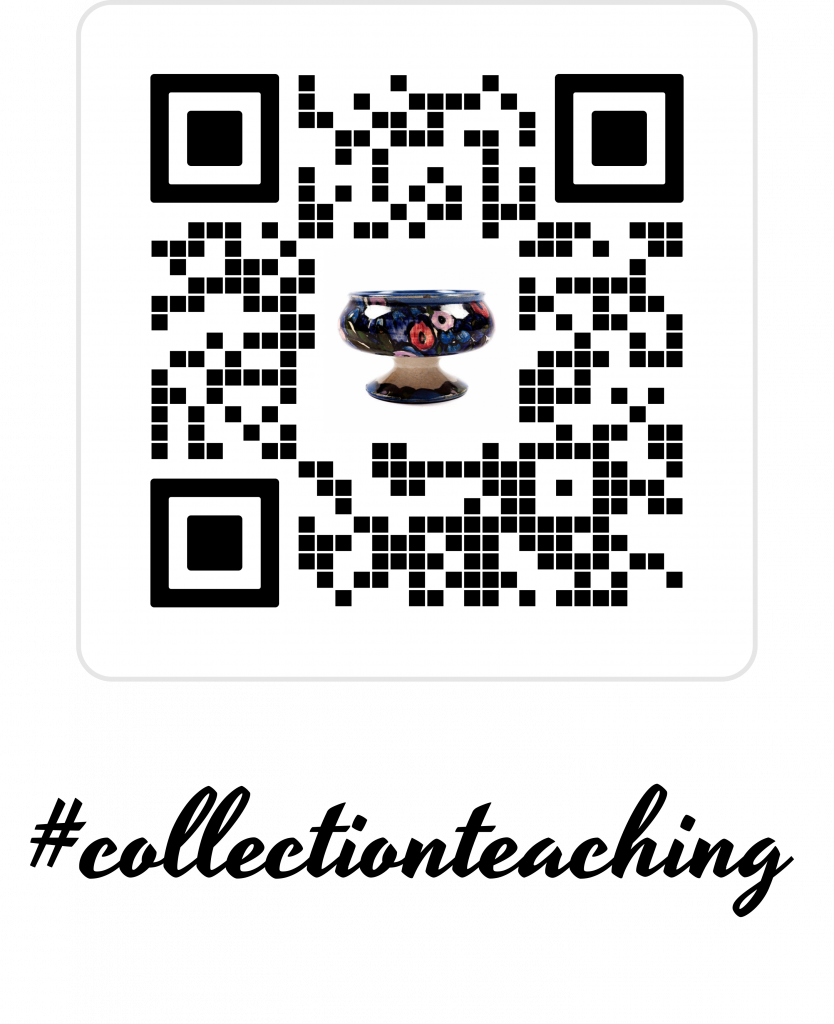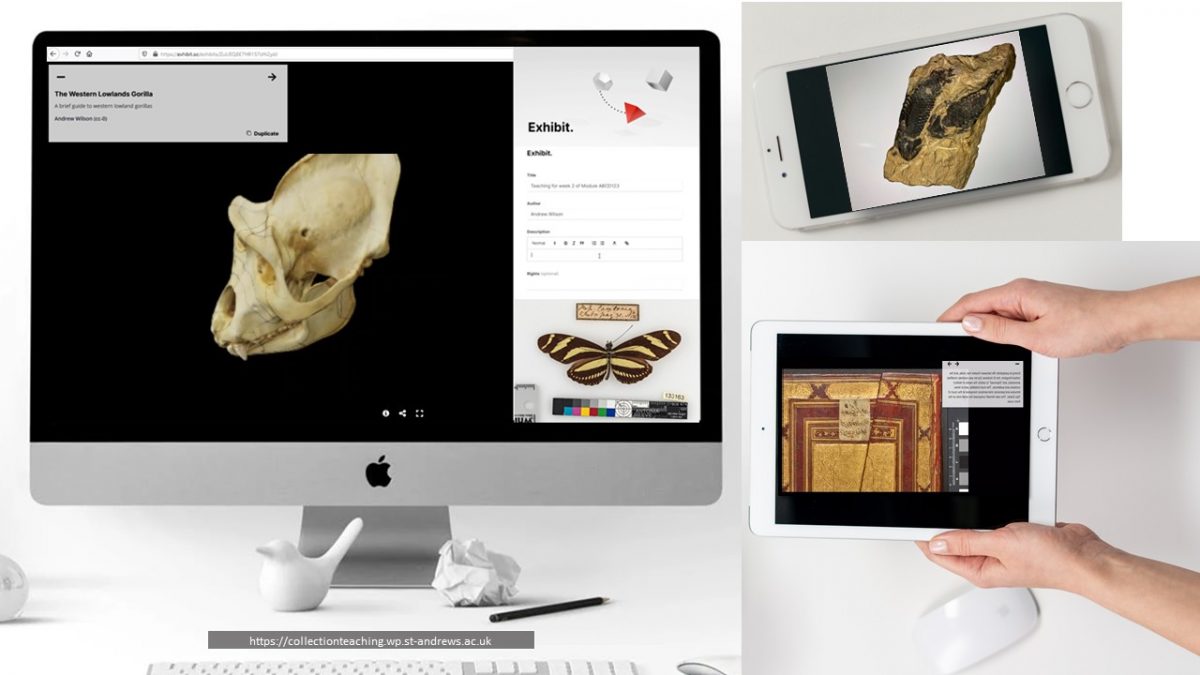Communication and emotion have been crucial challenges of the Covid-19 pandemic, which has forced the Creative and Cultural sector to turn to the digital world and operate online. Although not over yet, learning from the lessons of the pandemic has enabled creative communities to stand together and collaborate in shaping the post-pandemic future. In this blog post, Dr Kamila Oles, Research Assistant on the AHRC-funded Covid-19 project “Online Teaching and Learning with Digitised Collections in Higher Education Contexts” responds to the Cultural Industries and Creative Practice Knowledge Exchange Workshop organised by The Pandemic and Beyond project by reflecting on the role that communication and emotion have played in the digital transformation of the creative and cultural industries.
In part responding to the impact the pandemic has had on the Creative and Cultural Industries, the Arts and Humanities Council (AHRC) launched a Covid-19 urgency scheme. The scheme includes projects that are dedicated to understanding how Covid-19 affected the sector and how the industry can recover from the pandemic. The Cultural Industries and Creative Practice Knowledge Exchange Workshop hosted by the Pandemic and Beyond project served as a platform for 15 of these Covid-19 urgency projects to come together, learn from each other, build community to exchange practice, and to collaborate. The meeting also allowed the projects to understand their place and role in responding to Covid-19 as part of a broader context. Project representatives were able to share essential strategies for effective engagement with various communities and stakeholders, exchange experiences and maximise impact.
There was a common understanding that the pandemic has accelerated, and in some cases forced, a digital transformation, which meant that many of the research projects are ‘hyper-local and hyper global at the same time’. While online connections start local, they never stay local and can immediately reach a global audience. A key challenge for cultural organisations and for researchers, therefore, is to create and maintain online relationships with local communities, but in ‘globally responsible ways’ that are mindful of how research might collect and analyse vast data in a way that many local projects do not originally intend or anticipate.
The accelerated digital transformation and innovation allowed the creation and development of relations on a local and global level, but a key question was whether this change was controlled and whether there was enough time for both researchers and the cultural sector to build skills and knowledge in a way that did not ‘reproduce the old inequalities’ of the digital world. Gaps in digital skills, low budget, poor understanding of online curatorial strategies, and struggling engagement policies were a few of the issues identified as contributing to a digital divide, and which have perhaps been exacerbated by global interest and access.
At the same time, the Cultural Industries workshop proved the need to develop skills that can help to find responsible ways of building new hybrid models of local-global relationships. Digital transformation has emphasised the necessity of creating ethical social models that will allow for equal and sustainable communication between researchers and the organisations and individuals with whom they work. These models aim to address the gaps in digital skills and ensure transparency, safety, and accessibility in building networks. The discussion also identified several practical needs and suggestions including new modes of connecting with partners and stakeholders, adjusting methods of communication, sharing outcomes and engagement activities, and creating a pool of resources, which could be used to share knowledge and to prevent duplication of work to improve digital connectivity.
Some of these needs have already been addressed by the on-going Covid-19 urgency scheme projects, which are implementing and developing new ways of communicating with research participants and partners. The methodology adopted by many projects prioritises interview-based research, which helps to understand digital transformation as a principle based on indispensable human needs, expectations, and requirements. Interviews allow researchers to listen to audiences, staff, wider communities and others, and to take emotions into account. In many cases, interviewed respondents appreciated the opportunity to share their stories and emotions of what they went through during the pandemic. The workshop demonstrated that Arts and Humanities and cultural organisations have played an important role in enabling people to connect socially, to mitigate loneliness, and to connect vulnerable and isolated groups. Although digital transformation seems not to be immediately associated with human emotions, the on-going projects demonstrate that emotions must be considered in developing responsible digital communication and connectivity for the ‘new normal’. By including human emotions in our understanding of digital transformation, we will increase our ability to make real changes to future communication that can be incorporated into core strategies in a post-pandemic world. This is one of the essential lessons the sector has learnt during Covid-19. Understanding digital transformation during the pandemic, and especially understanding the human factors and emotions involved in such transformation, can offer new approaches to overcoming barriers in moving the creative and cultural sectors online, and thus increasing the accessibility, both locally and globally, of the UK’s creative and cultural industries.
Dr Kamila Oles is Research Assistant on the AHRC-funded Covid-19 project Online Teaching and Learning with Digitised Collections in Higher Education Contexts. You can read more about the AHRC-funded projects investigating the impact of Covid-19 on the Cultural, Creative and Heritage Industries here.




